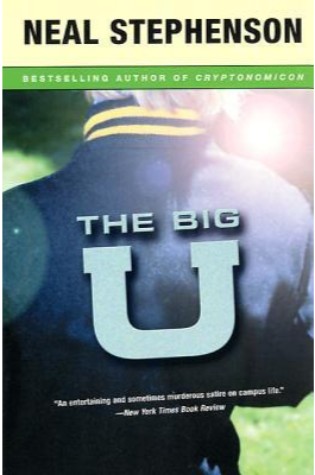It all began that day…
😦

I made it to the 25% mark before deciding I could take no more. I don’t want to be unfairly brutal – this is a début, and it shows some promise. Regulars will know that I’ve spluttered with annoyance often over the whole “that day” faux-suspense thing that seems to be an essential part of so-called thrillers these days – presumably because the authors can’t actually think of anything thrilling to write about. (FF’s Tenth Law: having the narrator constantly refer to ‘what happened that day’ without informing the reader of what did happen that day is far more likely to create book-hurling levels of irritation than a feeling of suspense.) So Mangan is merely following the herd, and sadly it’s a big herd, getting bigger by the day. I was sucked in by the great cover – had this had the ubiquitous girl in the red jacket on it I’d have known to avoid it like the plague.
Had it just been the “that day” tedium, I would probably have stuck with it, though. The picture Mangan gives of Tangier at this point in time (1956) is quite well done, bearing in mind that we see it solely through the eyes of white colonials. This means there are some rather demeaning depictions of the locals that smack a little of good old white superiority, but I felt that was appropriate to the time and social status of the main characters.
Over a year now, and it was still cast in a hazy fog that I could not seem to work my way out of, no matter how long I tripped through the labyrinth. It’s better that way, my aunt had said afterward, when I had told her about the vaporous sheen my memories had taken on, how I could no longer remember the details of that horrible night, of the days that followed. Leave it in the past, she had urged, as if my memories were objects that could be packed away in boxes secure enough to ensure they would never let loose the secrets held within.
Unfortunately, however, I couldn’t tolerate the style of writing. Some people have praised it, so I’ll admit that’s a subjective thing. It’s well-written in a grammatical sense, and thankfully it’s in the past tense, except for the obligatory foreshadowing prologue. But it’s written in a kind of mock-Gothic manner, all overwrought and hyperventilating, that gradually began to drive me insane. I had company in my insanity however – in true Gothic fashion, both women have strange “nervous” conditions that cause them to have imaginary symptoms and so on, and we know from the prologue that at least one of them has totally lost her marbles by the time the story ends. It was at the point that one of them actually fainted – Mangan resisted the temptation to say “swooned” but I bet it was on the tip of her pen – that I gave up. I discovered when I looked at her author bio that Mangan did her PhD on 18th century Gothic literature, and was unsurprised. Nor was I astonished to learn she had then topped that off with a degree in creative writing…
I didn’t hate it and I don’t think it’s awful. It’s as good as most of these identikit “that day” thrillers and better written than many. It probably deserves three or even four stars. But it’s not for me, and since I couldn’t bring myself to continue reading, then I’m afraid one star it is. Oddly, I’ll still be intrigued to see how Mangan develops – if she can learn to match her style to her subject matter and free herself from the feeling that she must follow the herd, I feel she has the talent to evolve into an interesting writer. I wish her well in the attempt.
NB This book was provided for review by the publisher, Little, Brown Book Group.
Amazon UK Link Amazon US Link

